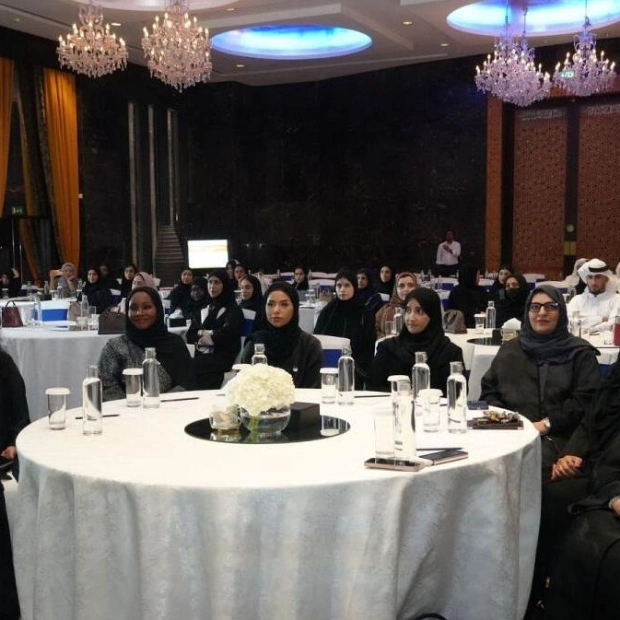The Central Bank of the UAE (CBUAE) is in the process of launching a groundbreaking Supervisory Technology (SupTech) initiative, the first of its kind in the region, aimed at effectively combating money laundering operations.
Khaled Mohamed Balama, Governor of the CBUAE, stated that SupTech will enable early detection and warning of risks through data assessment processes, helping to determine the extent of exposure to money laundering activities. Speaking at the recent National Summit on Financial Crime Compliance, the governor emphasized the UAE’s ongoing commitment to safeguarding the integrity of the global financial system. He outlined the strategic decisions made by the apex bank to strengthen the legal and regulatory framework and empower authorities to adapt to the evolving risk environment.
The two-day summit, which brought together high-level local and international experts and decision-makers from regulatory bodies and law enforcement authorities, featured around 45 speakers addressing critical topics in financial crime compliance and Anti-Money Laundering and Combating the Financing of Terrorism (AML/CFT). Fatma Al Jabri, assistant governor for Financial Crime, Market Conduct, and Consumer Protection, and a member of the National Anti-Money Laundering and Combating the Financing of Terrorism and the Financing of Illegal Organisations Committee, highlighted the CBUAE’s efforts to enhance cooperation between the UAE and the international community to combat money laundering and terrorism financing, as well as its adoption of a technology-based approach to develop control and supervision processes more effectively and efficiently.
The first day of the summit covered various topics, including the national and regional strategy to manage financial crime risks, turning threats into opportunities, and mitigating proliferation financing and trade-based money laundering risks. Speakers included representatives from local and international regulatory bodies, local banks, and other stakeholders.
The second day focused on the application and use of artificial intelligence (AI) in anti-money laundering controls and the Law Enforcement Authorities’ (LEA) role in the Financial Action Task Force’s (FATF) Immediate Outcomes 6, 7, and 8. The sessions on day two highlighted the pivotal role of AI in combating financial crime, emphasizing the importance of human resources in interpreting results and making critical decisions. Discussions also covered the benefits of AI implementation, such as crime detection and flexibility in risk assessment, as well as the risks associated with data volume, data protection, and the need for robust security controls to proactively identify and mitigate potential vulnerabilities.






